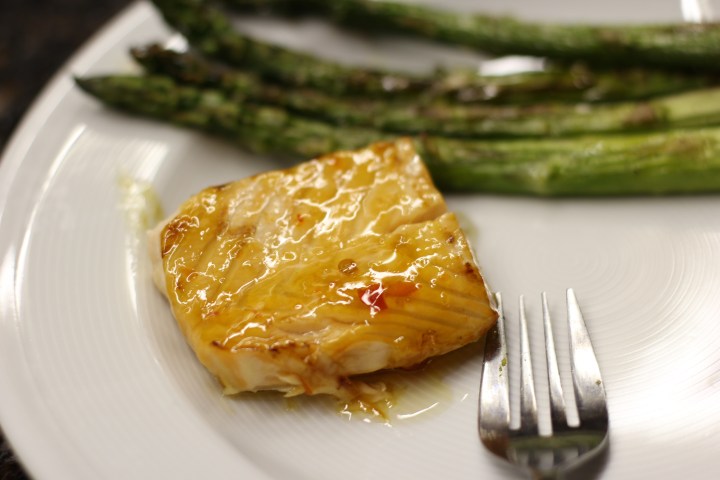
What is the Effect of Food on Cognition?
This is a question that has been plaguing me, while working through practice exam after practice exam for the past two months. I’ve spent my free time in the past couple of months studying for the GRE, which is the standardized test required by a number of graduate schools in the US. It’s a four hour exam that mainly seems to test concentration, meaning cognitive fatigue is your worst nightmare.
Knowing that I am the biggest nutrition nerd, I have been engineering the perfect concoction/magical snack to prevent the onset of cognitive fatigue, and also maintain a steady blood sugar under testing conditions, no easy feat. My work was mostly trial and error, but now that I have my free time back, I can look into the research on food and cognitive health.
We know good nutrition is related to good health, but what about brain health?

Thinking is Not Exercise
Thinking may sometimes feel like running a marathon, but it’s not. We know that the brain uses about 20% of daily resting calories; however, much to our dismay thinking hard does not actually burn a significant amount of extra calories. Thinking is not physical activity, and that 20% mainly goes to maintaining bodily functions. This means that those quick energy shots engineered for triathletes are probably not necessary for a four hour exam (unless you’re hypoglycemic); in fact, simple sugar may feel great initially, but cause a crash midway through your exam. Even if you’re not a diabetic, crashing is not optimal.
Even if thinking is not physical activity, consuming too few calories around exam day is not advisable, as it can lead to mental fog and sluggishness. We need good sources of carbohydrates, protein, and fat to fuel daily performance.
In it for the Long Haul
There is little research on nutrition and short-term memory retention, but a lot of research to support the long-term effects of nutrition on the brain, meaning this is clearly a long-game. The Academy of Nutrition and Dietetics suggests that the best menu for memory supports good blood flow to the brain. There is some evidence that the following three foods may improve memory function by supporting different mechanisms. Eat up, and prepare nutritionally as you should prepare mentally. Don’t cram everything in last minute, because last minute may be too little too late.
3 Foods for Thought
1. Blackberries
This dark berry is full of anthocyanins and flavanoids, which are associated with improved memory retention.

2. Salmon/Sardines
Salmon and other fatty fish boast high levels of omega-3 fatty acids. Ocosahexaenoic acid (DHA) is the most abundant fatty acid in the brain. Higher levels in the blood stream may help the brain operate more efficiently.
3. Avocados
Another source of omega-3 fatty acids, but also a great source of vitamin E. This fat soluble vitamin is not only known for its antioxidant properties, but also for its protection against Alzheimers.
While none of these foods are guaranteed to help you remember special right triangles on exam day, a healthy balanced diet can help keep you sharp and healthy for years to come.


